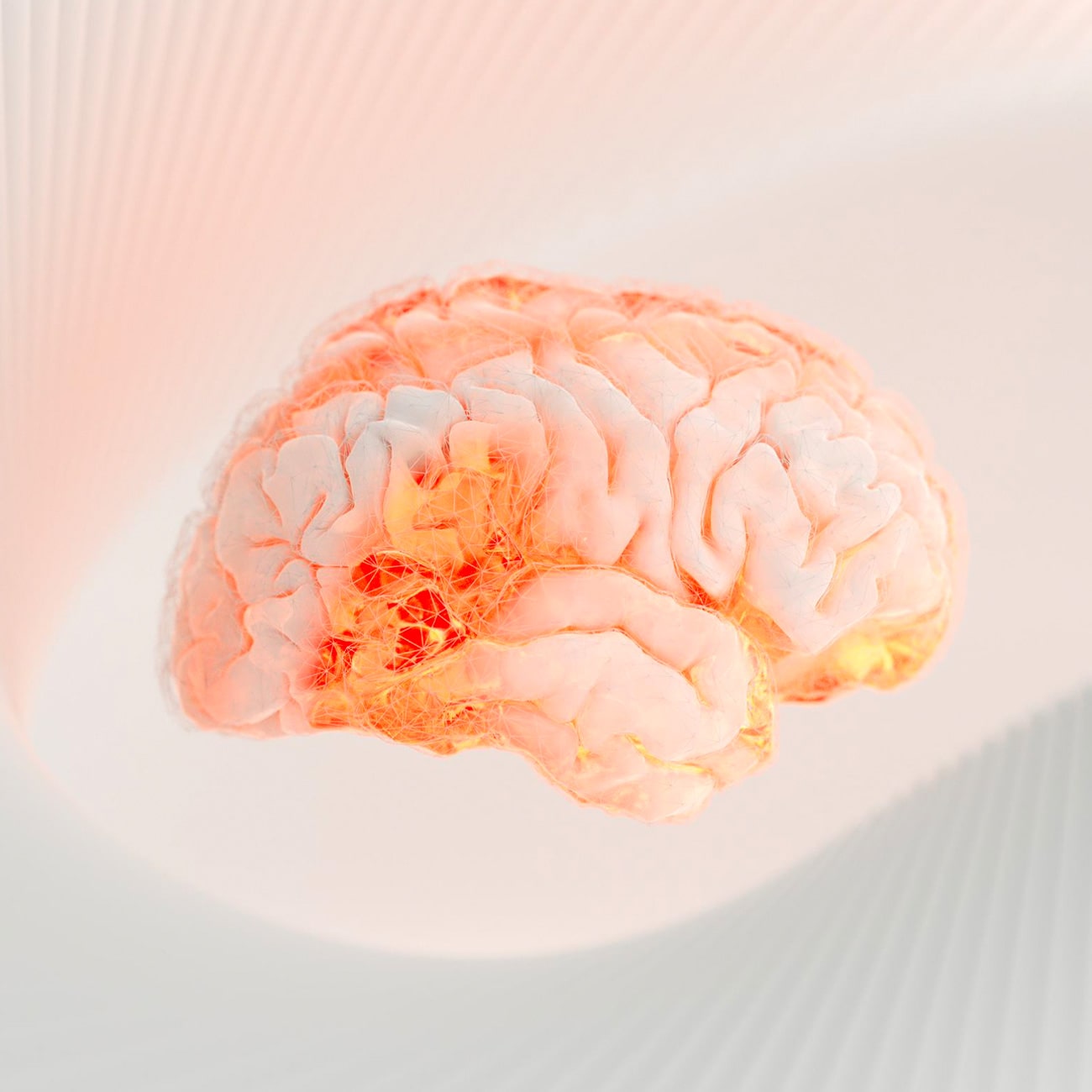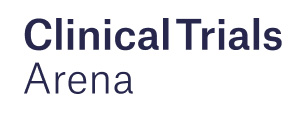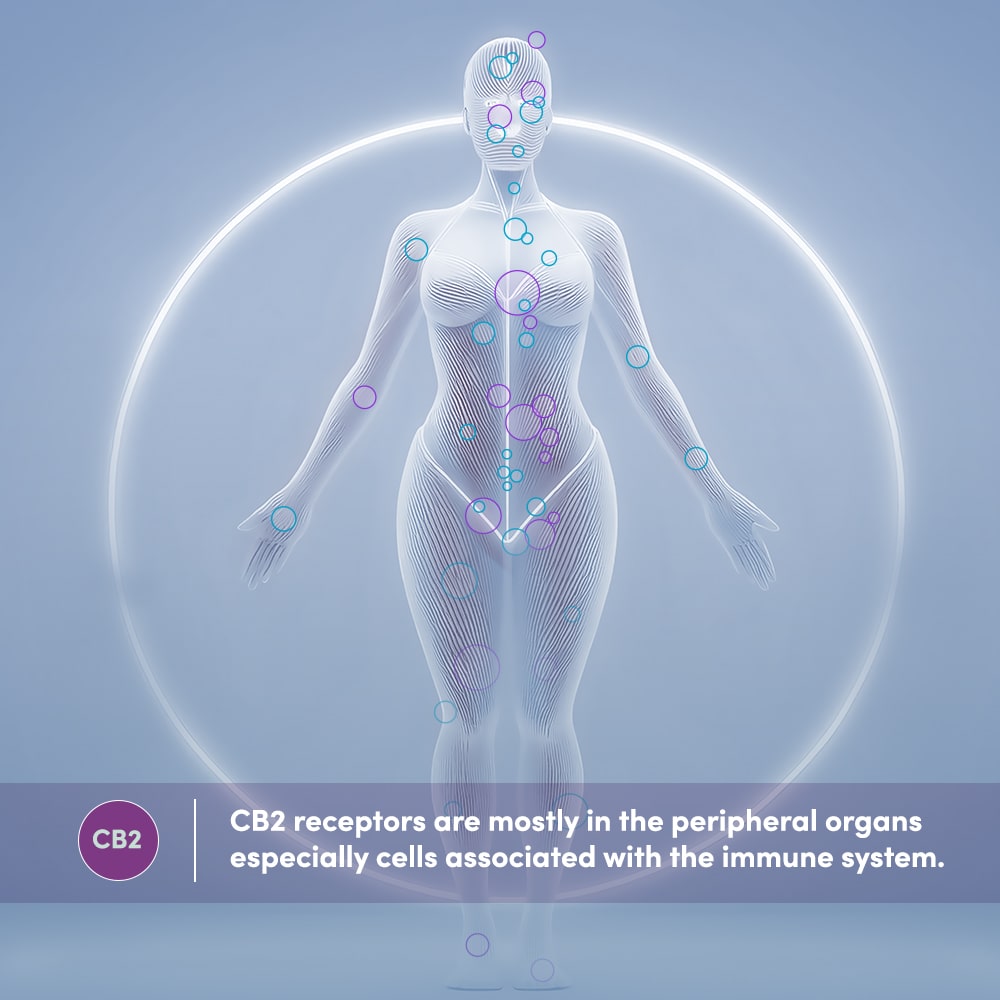
By: Urtė Fultinavičiūtė
@ufulti
US-based IGC Pharma has employed artificial intelligence (AI) in its Phase II trial investigating IGC-AD1 in patients with agitation due to Alzheimer’s disease (AD), CEO Ram Mukunda told Clinical Trials Arena.
IGC-AD1 is a tetrahydrocannabinol (THC)-based drug candidate administered as a low-dose oral liquid formulation.
The AI-driven algorithms will be used to sift through the data on IGC’s internal data software, which was developed to specifically capture neuropsychiatric symptoms in AD patients.
The ongoing Phase II trial (NCT05543681) is also using lifestyle logs for each patient, said chief finance officer Claudia Grimaldi. The log includes daily recordings of dietary habits, exercise, medications, blood pressure, and other factors. AI algorithms will also be used to detect patterns from the data accrued in daily lifestyle logs.
Grimaldi said: “It is important for IGC Pharma to expand trial sites to international locations in order to assess any cultural or geographic relationship with lifestyle factors that may interact with IGC-AD1.”
At the beginning of August, IGC expanded its ongoing clinical trial by adding the University of Puerto Rico as one of the sites.
Geographical site expansion of the trial
With Puerto Rico already on board, IGC plans to expand the trial into Canada, with potential sites in Montreal and Toronto. The company is also talking to Colombia’s National Food and Drug Surveillance Institute (INVIMA) and is negotiating with sites in the UK and Netherlands.
One of the reasons IGC is expanding to different locations is to adhere to the US Food and Drug Administration’s (FDA) mandate to include diverse populations in clinical trials. IGC already has a site in Baltimore, which has a prominent African-American population.
In addition, the company is tackling slow recruitment. Mukunda explained that the trial has strict inclusion criteria that seek agitation due to AD and not sporadic agitation. While neuropsychiatric symptoms such as agitation, anxiety, depression, and irritability are common in AD patients, managing such patients is another challenge.
Mukunda added that because IGC is recruiting patients with a caregiver and not residents of nursing homes, the caregivers need to be committed to the trial.
Next steps for IGC-AD1
After the Phase II trial, IGC plans to apply for a fast-track designation with the FDA. The company hopes that with the available data of genotyping and biomarkers, and the inclusion of all the minority groups, the agency will allow limited basis to the market.
The Phase II trial, which was initiated in December 2022, is expected to conclude in Q1 2024. In the meantime, IGC is preparing for a Phase III trial and plans to initiate it in the middle of next year.








